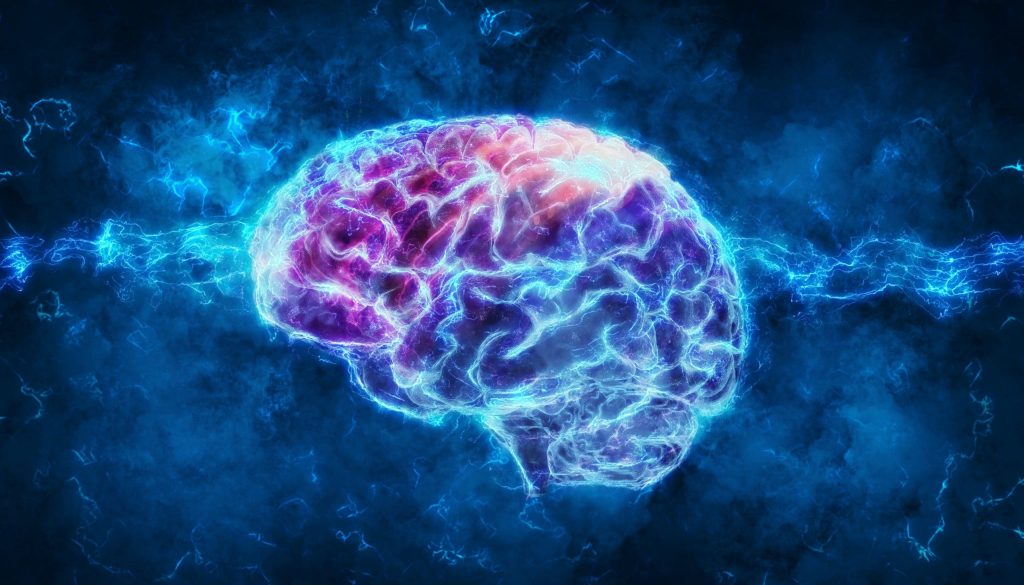It is no secret that our country is currently suffering from a widespread problem, that problem is better known as addiction. Current research suggests that more than 21 million Americans struggle with an active addiction to drugs or alcohol every single day. While there are a large number of illegal drugs currently being abused, the most addictive and commonly abused are listed as followed; alcohol, methamphetamine, heroin, opioids, cocaine, crack cocaine, and marijuana. You may ask yourself, what makes these drugs so dangerously addictive to those who decide to use them? Well, the answer to that question would be Dopamine, the best drug ever created. What exactly is Dopamine, then?
While Dopamine is often associated with drug and alcohol abuse, it doesn’t just stop there; it is linked to shopping addictions, gambling addictions, sex addictions, so on and so forth. Dopamine is meant to act as a positive reinforcement for things normally dependent on survival, such as the rewarding feeling you get after eating a delicious meal or the pleasure you feel after sex.

Dopamine is often referred to as the “pleasure center” or “reward center” of the brain. Our brains are literally wired to increase the odds that we will repeat a pleasurable experience. When someone engages in a rewarding activity, the burst of dopamine is meant to signal to the individual that something important is happening and that it should take place again. According to the National Institute on Drug Abuse, this signal of dopamine causes changes in the neural connectivity of the brain making it easier to repeat these same actions over and over again without ever having to really think about it. This is what eventually leads to the formation of habits.
This powerfully reinforces the connection between using the drug, the resulting pleasure, and everything else that becomes associated with the experience like people, places, or things. In essence, this large surge of dopamine teaches the brain to seek and use drugs, even at the expense of other healthier goals or activities.
With the continued use, and the increased surges of dopamine, the external stimuli that get associated with a person's drug abuse are ultimately what become their triggers later on, and they are often very hard to overcome. This can result in a person having uncontrollable cravings when they encounter things that remind them of using their drug of choice, sometimes lasting even years into sobriety.
What many people do not know is that addiction is a disease of the brain. It is characterized by the inability to stop using drugs or alcohol despite having suffered extreme, severe, and negative consequences, like overdosing, losing their family, or ending up homeless. It is a chronic and often relapsing condition in which the only treatment or cure is to abstain completely from drugs or alcohol.

Drugs interfere with the way neurons send, receive and process information, causing physical differences in the actual structure of an addicted person’s brain. The three main areas that are most heavily affected by drug usage are the basal ganglia, the extended amygdala, and the prefrontal cortex.
The basal ganglia plays an important role in positive forms of motivation, including the pleasurable effects of healthy activities, otherwise known as the reward center. By overstimulating this circuit with a flood of dopamine, it diminishes the sensitivity and makes it hard to feel pleasure again without the use of drugs or alcohol.
The extended amygdala plays an essential role in stressful feelings, especially ones associated with withdrawal. Overtime, the increase of dopamine causes this area of the brain to become more sensitive, which is why it is difficult for those who are addicted to deal with stressful emotions without the use of drugs or alcohol.
The prefrontal cortex is responsible for the ability to think, plan, solve problems, make decisions, and exert control over one’s impulses. Overwhelming the brain’s circuit with the repeated influx of dopamine causes an individual with a substance use disorder to suffer from a lack of impulse control and diminished decision making skills.
Some of these changes to the brain can heal over time, but depending on how extreme the usage of drugs or alcohol was, and for how long they were being abused, some of these changes can be permanent. When someone suddenly stops using drugs or alcohol, the brain goes on high alert because it has been tricked into believing that it needs drugs or alcohol in order to feel good again or to even feel normal.

For this, the list could go on. If you believe you or someone you know may be suffering from a severe drug withdrawal, it is always recommended that you contact a medical health professional. There is no telling how your body will react when detoxing from a dangerous and addictive substance.
The research surrounding the problem of addiction is continually offering new insight in how to better deal and treat this life-long disease that affects so many people in our country alone. For so long, addiction was seen as the person lacking moral fiber, but now we know that it is a disease that chemically alters the structure of the brain. especially over time. Thankfully, scientists and doctors have been able to identify the link between addiction and dopamine. Hopefully, now that we may all have a better understanding about the role it plays in developing an addiction, we will be able to better manage it when it occurs, or stop it from happening entirely. If you need help and believe you are suffering from an addiction yourself, please do not hesitate to reach out to us for help! We have a team of professionals who are more than happy to help you begin your journey to healthy and happy life.

